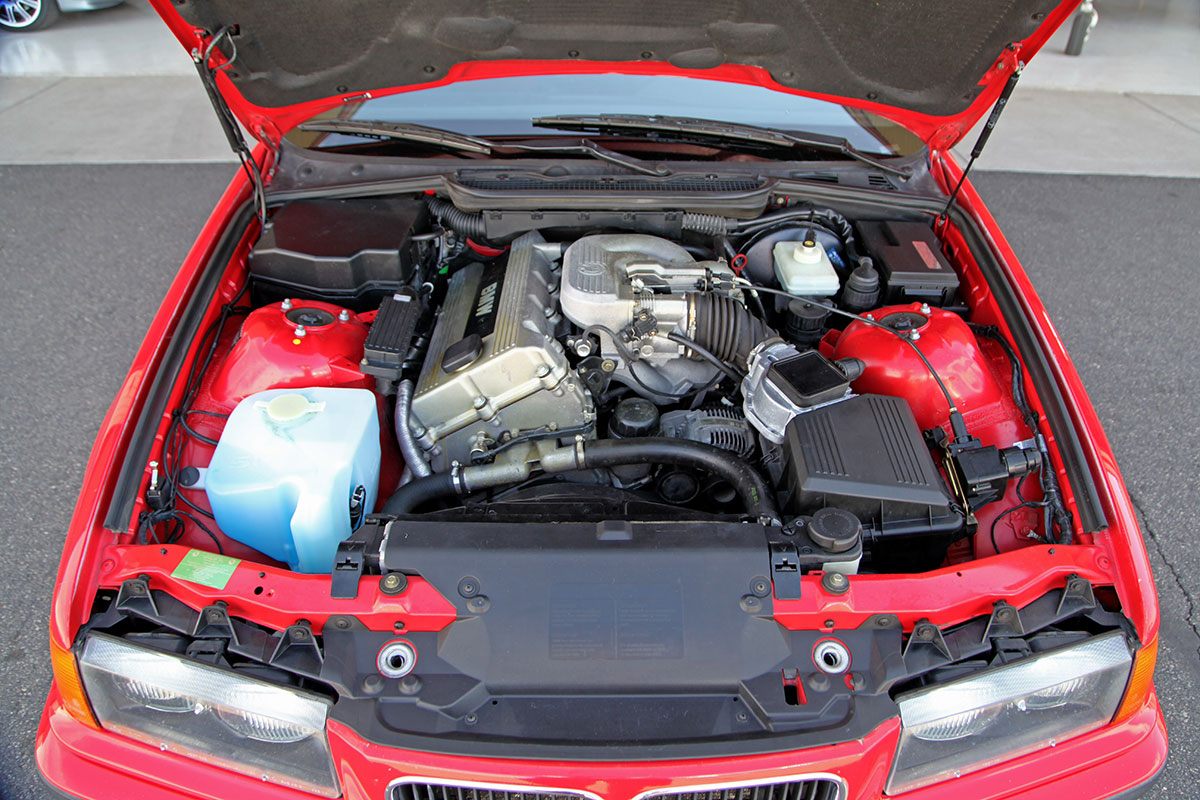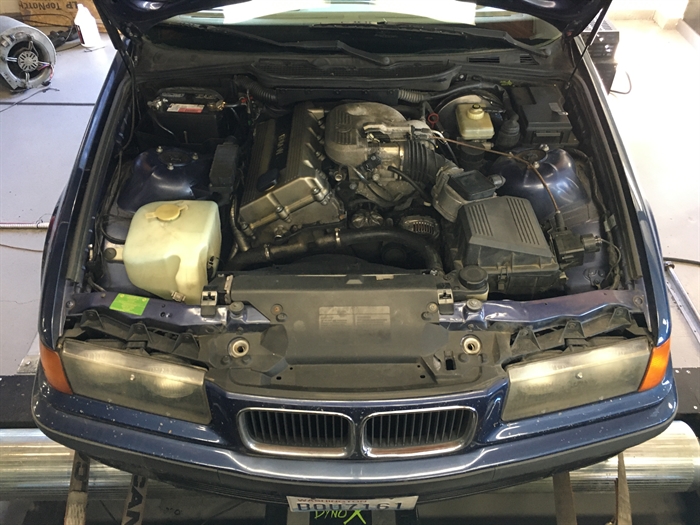The BMW 318ti: A Blend of Design, Convenience, and Performance
Crucial Factors To Consider for Choosing the Ideal Engine for Your Requirements
In the world of choosing the ideal engine to fulfill your needs, several vital factors need careful factor to consider to ensure optimum efficiency and effectiveness. From the nuanced equilibrium in between power and performance to the often-overlooked facets of maintenance and solution demands, each facet plays an essential function in identifying the most ideal engine for your particular requirements.
Power and Performance
When assessing engines for ideal performance, it is vital to focus on both power outcome and performance. Power result gauges the capacity of an engine to create power, which straight affects its performance. A high power result is vital for demanding tasks such as durable applications or high-speed needs. It ensures that the engine can take care of the workload efficiently and efficiently. Power alone is not enough; performance plays a considerable role in determining the total efficiency of an engine. Performance refers to exactly how well the engine converts fuel right into usable energy. A more effective engine will deliver much better gas mileage, lower emissions, and lowered operating prices. Striking the ideal balance in between power output and efficiency is essential to selecting an engine that fulfills your specific needs. It is vital to consider variables such as the planned use the engine, ecological impact, and long-term expense effects when making this decision. By carefully assessing both power and performance, you can pick an engine that delivers ideal efficiency and fulfills your requirements successfully.
Gas Performance and Economy
In the world of engine selection, the factor to consider of gas efficiency and economic situation holds extremely important significance. Gas performance refers to the engine's capability to transform fuel into power with very little waste, directly affecting operating costs and environmental sustainability. bmw 318ti. When selecting an engine, evaluating its gas economic climate is crucial to figure out long-term savings and environmental influence. Engines with higher fuel efficiency not just lower fuel expenses yet also lower carbon discharges, adding to a greener operation.

Compatibility and Application
Considering the fuel efficiency and economic situation of an engine, the following critical aspect to address is its compatibility and application within specific operational contexts. Compatibility describes just how well the engine incorporates with the general system or equipment it powers. It entails aspects such as physical measurements, placing alternatives, electric user interfaces, and control systems. Guaranteeing compatibility is important to stop problems such as overheating, resonances, or power inequalities (bmw 318ti).
Various engines are developed for my blog certain purposes, whether it be industrial equipment, marine vessels, automobiles, or power generators. Comprehending the desired application permits for the selection of an engine that can supply the needed power result, torque, and functional attributes.
Upkeep and Solution Demands
Upkeep and service needs play a crucial duty in ensuring the longevity and ideal performance of an engine. Normal maintenance is important to stop break downs, expand the lifespan of the engine, and preserve its performance. When choosing an engine, it is essential to consider the maker's advised maintenance routine and the accessibility of solution facilities or qualified service technicians.
Factors such as the regularity of oil adjustments, filter substitutes, and overall assessments can dramatically impact the engine's efficiency. Some engines may require more frequent servicing based on their layout and use, while others may have longer periods in between upkeep checks. It is essential to comply with these solution needs to stay clear of pricey repairs and unexpected downtime.

Price and Spending Plan Factors To Consider
When picking an engine for a specific application,Budget restrictions often play a considerable duty in the decision-making process. When considering the cost and spending plan ramifications of selecting an engine, it is important to examine not just the first purchase cost yet also the long-term expenditures connected with upkeep, fuel usage, and potential upgrades or repair services. It is see this critical to strike a balance in between the in advance expense of the engine and its overall lifecycle costs to guarantee that the chosen engine continues to be economically lasting throughout its functional lifespan.
Aspects such as gas effectiveness, integrity, and durability can directly influence the total expense of possession of an engine. While a more expensive engine may have greater ahead of time prices, it could possibly cause reduced maintenance and fuel expenses gradually, therefore using much better worth in the future. In addition, thinking about the schedule and expense of spare components, in addition to the ease of upkeep and service, can help avoid unforeseen economic pressure in the future. By thoroughly evaluating these expense and budget plan factors to consider, you can make an educated decision that lines up with your financial constraints and operational demands.
Conclusion

Fuel performance refers to the engine's ability to transform gas right into energy with marginal waste, straight influencing operating prices and environmental sustainability.Aspects influencing fuel performance consist of engine style, burning effectiveness, and total efficiency optimization. Furthermore, choosing the appropriate gas type and quality as recommended by the engine manufacturer can better boost effectiveness and lengthen engine lifespan.
Engines with excellent utility functions and readily offered components can lower upkeep expenses and minimize the time the engine is out of operation - bmw 318ti. It is crucial to strike an equilibrium in between the in advance expense of the engine and its total lifecycle prices to make certain that the selected engine redirected here remains monetarily lasting throughout its operational life expectancy